Course Overview
Curriculum: English-Speaking and Communication Skills
1. Basic Level
Goal: Build foundational skills for learners new to English.
Grammar Basics: Parts of speech (nouns, verbs, adjectives, adverbs). Simple sentence structures (subject-verb-object). Tenses: Present, past, and future. Common prepositions and conjunctions.
Vocabulary Building: Daily-use words (greetings, numbers, days, months, etc.). Basic phrases for conversation (e.g., introducing oneself, asking for directions). Word families (e.g., happy, happiness, happily).
Pronunciation Practice: Vowel and consonant sounds. Basic stress and intonation patterns. Common mispronunciations and corrections.
Speaking Practice: Introducing oneself and others. Asking and answering simple questions. Short dialogues for everyday scenarios (e.g., shopping, traveling).
Writing Basics: Writing simple sentences and paragraphs. Basic punctuation and capitalization rules. Filling forms and drafting informal letters
2. Intermediate Level
Goal: Improve fluency and expand functional communication skills.
Advanced Grammar: Complex sentences (relative clauses, conditionals). Modals (can, could, may, might). Active and passive voice.
Vocabulary Expansion: Topic-based vocabulary (e.g., food, travel, technology). Idioms and phrases (e.g., “piece of cake,” “on cloud nine”). Synonyms and antonyms for better word choice.
Pronunciation and Accent: Sentence stress and rhythm. Commonly confused sounds (e.g., “v” vs. “w”). Intro to neutral/standard accents.
Speaking Practice: Role-plays (e.g., visiting a doctor, customer service). Group discussions on familiar topics. Narrating personal experiences or stories.
Writing Skills: Drafting emails (formal and informal). Writing essays on simple topics. Structuring and presenting ideas logically.
3. Advanced Level
Goal: Achieve fluency for professional and social interactions.
Advanced Grammar: Reported speech (direct and indirect speech). Conditional sentences (Type I, II, III). Articles and determiners in-depth.
Professional Vocabulary: Industry-specific jargon (as per student requirements). Advanced idiomatic expressions and phrasal verbs. Collocations (e.g., “make a decision,” “strong argument”).
Accent Neutralization: Fine-tuning pronunciation for clarity. Advanced stress and intonation patterns. Practice with listening and imitating native speakers.
Speaking Mastery: Debates on current issues or abstract topics. Presentations (personal and professional topics). Impromptu speaking and handling Q&A sessions.
Advanced Writing: Business communication (emails, reports, proposals). Writing CVs and cover letters. Creative writing (short stories, blogs)
4. Specialized Career Modules
Goal: Equip learners with skills to excel in professional environments. Interview Preparation: Common interview questions and effective answers. Mock interviews with feedback. Dressing and body language tips.
Group Discussions: Strategies for speaking confidently in discussions. Handling disagreements diplomatically. Time management and concise communication.
Public Speaking: Structuring speeches and presentations. Techniques to overcome stage fear. Engaging storytelling methods.
Email Writing and Workplace Communication: Writing clear and professional emails. Etiquette for video calls and meetings. Negotiation and persuasion techniques.
5. Assessment and Certification
Continuous Assessment: Regular quizzes and assignments. Practical evaluations like mock conversations and role-plays.
Final Exam: Comprehensive test covering all skills.
Certification: Certificate of Course Completion. Recognition of speaking and writing proficiency levels.



